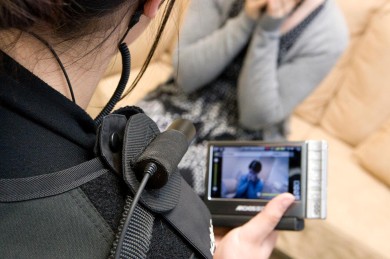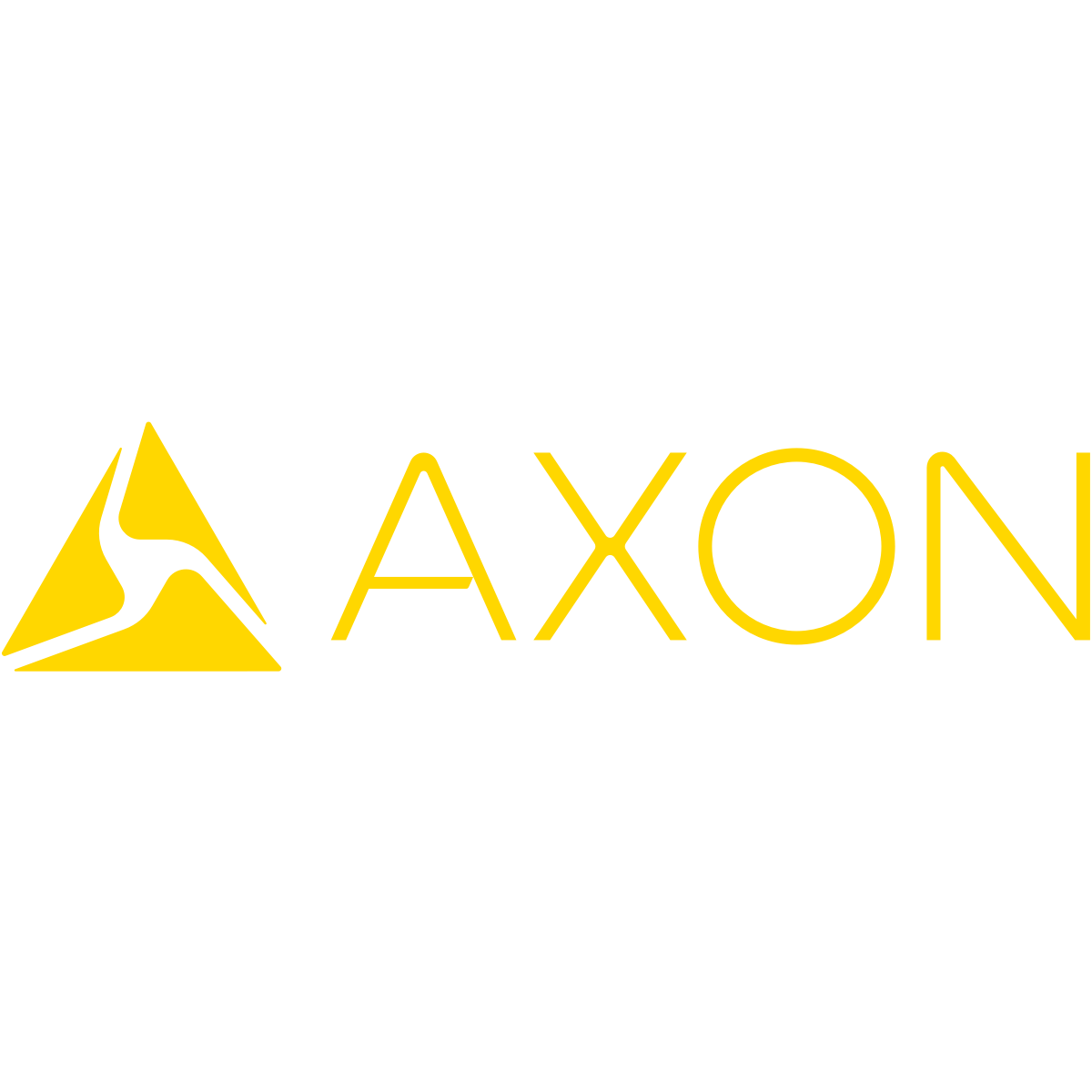Stop and search recording takes to the airwaves
Greater Manchester Police (GMP) is successfully rolling-out Sepuras bespoke short data application (SDA) onto its network of TETRA radios, enabling officers to electronically record data in their stop and search activity.

Greater Manchester Police (GMP) is successfully rolling-out Sepuras bespoke short data application (SDA) onto its network of TETRA radios, enabling officers to electronically record data in their stop and search activity.
In close cooperation with GMP and Northgate, Sepura developed the SDA to replace the manual entry of stop and search data, which will not only deliver reductions in time and money, but also improves the data quality, making it even more valuable for intelligence purposes.
In addition, GMP has also decided to capture the outcome of each stop and search encounter, recording if individuals are arrested, summonsed or given street warnings for their behaviour.
The new recording technology is initially being deployed across the Bolton, Trafford and Wigan divisions following a successful pilot in Bolton and will be rolled out across the rest of Greater Manchester from December.
Chief Inspector John Buttress, GMPs lead for the new initiative, said: The new system enables the police to manage the process of stop and search much more efficiently. The interaction between members of the public and individual police officers is much quicker and more straightforward. Recording details over the air by radio is faster, cheaper, more accurate and provides a much better audit trail. It also assists in ensuring that members of the public have the full grounds for the search properly explained to them.
The recording process means that as a force we can ensure that we are conducting stop and search at the right times and in the right places to maximum effect in our efforts to disrupt criminality and improve safety for our communities. This initiative will also generate very significant financial savings for the force through the application of an existing technology to improve the service we are providing to the communities across Greater Manchester.
With the new process, any person who is searched and not arrested, is also offered a receipt of the encounter. This records the details of the officer and date and time of the encounter.
Details from the receipt can be used to ask for a written record of the search by completing an inquiry form online or by visiting a local police station.
Traditionally, information recording involved a lot of paperwork lengthening each encounter and putting officers safety more at risk and this also resulted in many mistakes made either in capturing the data or, later, entering it into the central database.
An officer involved in the six-month trial of the new technology commented that the system was by far the most efficient, simple to use, time-saving idea I have been involved in since joining the police nearly eight years ago.
Feedback from the trial was extremely positive; the new system is easy to use, quick and efficient and improves officer safety, added Chief Insp Buttress. Interestingly, it also appears to have had a major effect on proportionality, reinforcing positive police/public relations.
Greater Manchester Police Authority (GMPA) is making sure residents and visitors to Bolton, Trafford and Wigan are aware of the changes and that they know their rights and what will be expected of them if they are stopped and searched by police. They will be given a Police Stops Know Your Rights information card and can go online at www.police-stops.co.uk to give their feedback.
Majid Hussain, chair of the Confidence and Equalities Sub-committee and GMPAs lead for equality, diversity and HR issues, said: Its vitally important that the public are aware of these changes and know their rights if they are stopped by the police. Public and officer feedback tells us that the previous procedure of filling out a long from was very time consuming and resulted in excessive information being recorded. It is hoped these changes will remedy this, while still ensuring the police record essential information.
This new recording procedu




